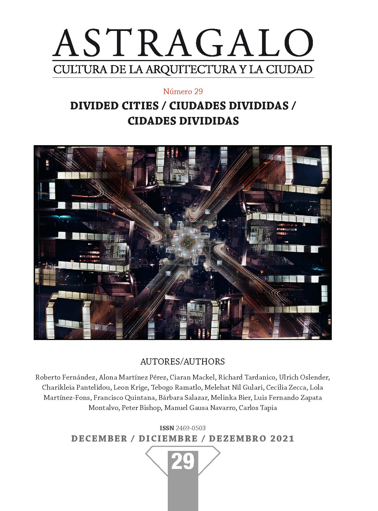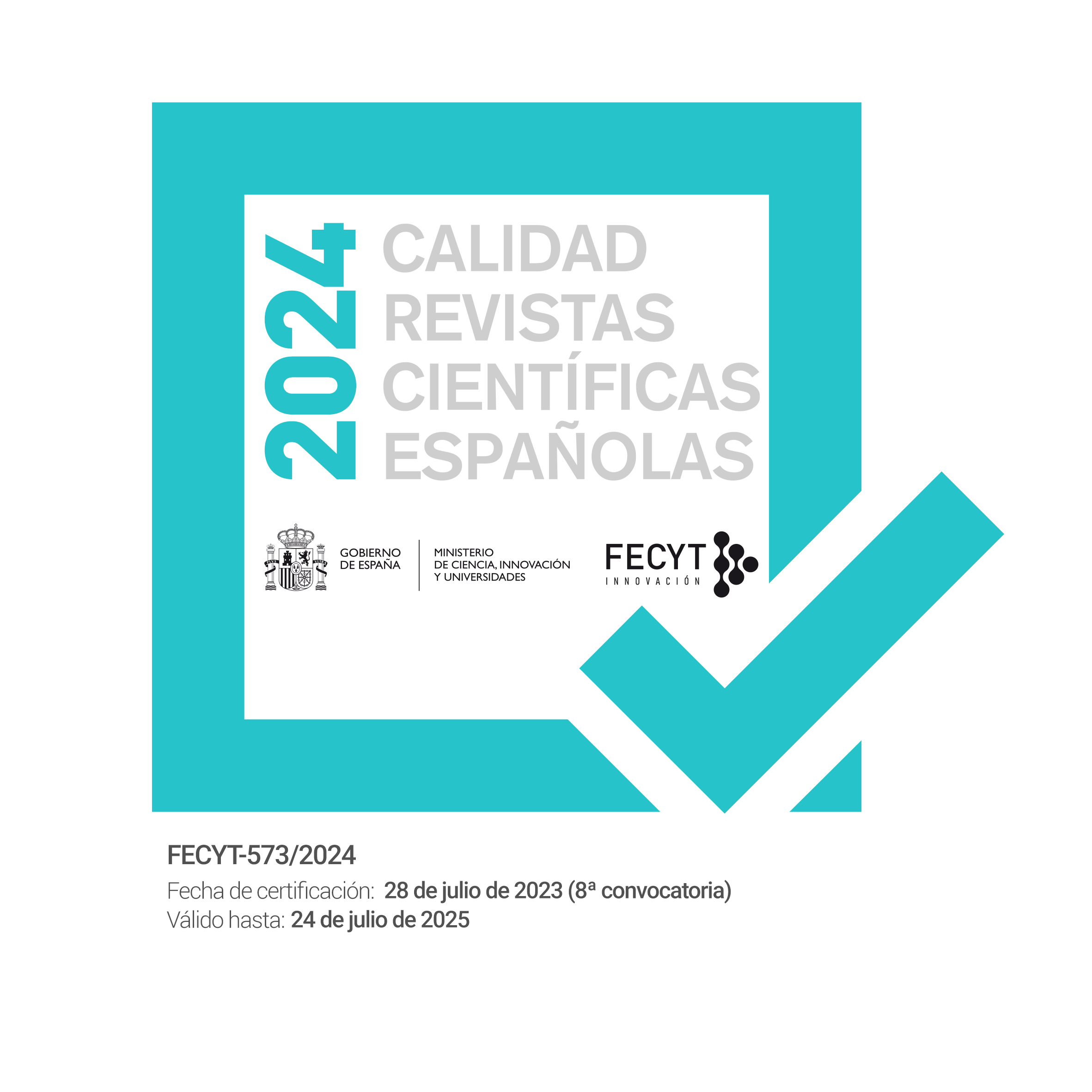Divided Past, Divided Future
From Cape to Johannesburg, South Africa
DOI:
https://doi.org/10.12795/astragalo.2021.i29.07Keywords:
colonialism, apartheid, inequality, economic migrationAbstract
From the early history of Homo sapiens, survival of the fittest depends on co-operation. Humans formed settlements where the hunter-gatherers became warriors, while agrarians became farmers. This created a mutual relationship, where the warriors offered protection in exchange for produce. Later colonial settlements were established by explorers, from Europe, as hunter-gatherers, but they muted into farmer-producers for expansion and then back to warriors for survival. Colonial explorers annexed new terrain using Western forms of contract and title deeds unknown to those who roamed these lands before. The colonizers used addictive substance such as alcohol and tobacco which was almost unknown to indigenous tribes, weakening their morale and opening the door for exploitation.
In Africa, as in other colonized terrain, these events left a bitter tension between colonizers and indigenous inhabitants, with a history of slavery, war and racial divide as the long term damage.
Legal systems were used to manipulate and control, from the Cape to Johannesburg and in between. This history and its outfall is summarized with reflection on the current status quo which has moved from racial to economic inequality, described in Soweto and Alexandra, two prominent townships of Johannesburg.
Downloads
References
Aartsma, H. 2012. “The Arrival of Jan Van Riebeeck in the Cape - 6 April 1652”. South African History Online, March 28. https://www.sahistory.org.za/article/arrival-jan-van-riebeeck-cape-6-april-1652. Accessed 5/2021.
Aartsma, H. 2008. Early History of the Cape Colony, South Africa
Available online at www.south-africa-tours-and-travels.com. Accessed 19/12/2014.
Beavon, Keith Sidney. 2004. Johannesburg, the Making and Shaping of the City. Pretoria: UNISA Press.
Bremner, L. 2013. “Dissident water - The political life of rising acid mine water”. Architecture and the Paradox of Dissidence: 180 - 193. London: Routledge.
Chipkin, Clive. 1993. Johannesburg Style: Architecture and Society 1880s-1960s. Cape Town: David Philip Publishers.
Howcroft, David. Researchgate. 2018. METEORITES, MINERALS AND MERENSKY The Real Story of the Vredefort Impact structure. https://www.researchgate.net/publication/328828825. Accessed 14/04/2019.
Goldblatt, David and Gordimer, Nadine. 1973. On the Mines. Cape Town: Struik.
Goldblatt, David. 1998. The Structure of Things Then. Cape Town: Oxford University Press.
Malcomess Bettina and Kreutzfeldt Dorothee. 2013. Not No Place, Johannesburg, Fragments of Spaces and Times. Johannesburg: Fanele (Jacana Media).
Pallas, Jaroslava. 2017. City of Gold - History and culture of Johannesburg (City of Gold,) September. https://cityofgoldweb.wordpress.com/. Accessed 6/11/2021.
South African History Online. 2011. “The Dutch Settlement”. South African History Online, June 30. https://www.sahistory.org.za/article/dutch-settlement. Accessed 5/11/2021.
South African History Online. 2011. “Alexandra, Township in Johannesburg”. South African History Online, March 16. https://www.sahistory.org.za/place/alexandra-township-johannesburg. Accessed 5/11/2021.
Stromberg, Joseph. 2013. “The Age of Humans - Living in the Anthropocene”. Smithsonian Magazine, January. https://www.smithsonianmag.com/science-nature/age-humans-living-anthropocene-180952866/. Accessed 14/04/2019.
Strauss, M. 2019. “Spatial Separation”. Fundamina, 25(2): 135-168.
The World Bank Group. 2000. “Alexandra Township, Johannesburg”. Upgrading Urban Communities, September 30. http://web.mit.edu/urbanupgrading/upgrading/case-examples/overview-africa/alexandra-township.html. Accessed 6/11/2021.
Downloads
Published
Versions
- 2022-02-04 (2)
- 2022-02-04 (1)
How to Cite
Issue
Section
License
Copyright (c) 2021 Leon Krige

This work is licensed under a Creative Commons Attribution-NonCommercial-ShareAlike 4.0 International License.


















